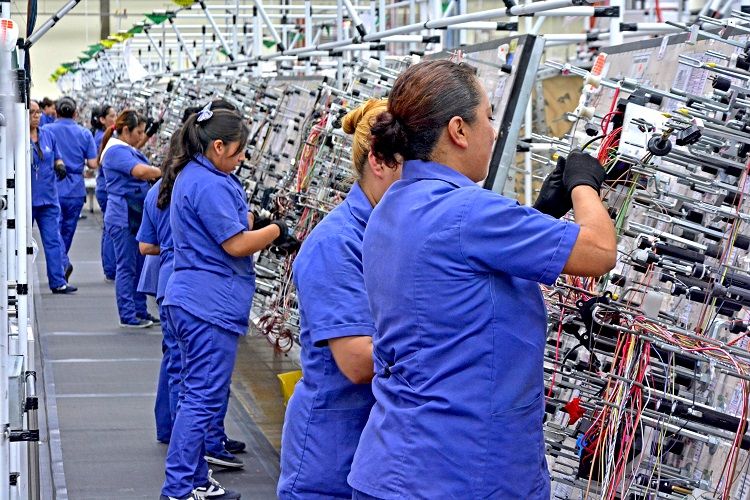Ansley Consultants summarized nine substantive proposals that were submitted to the USTR on the operation of the USMCA.
These are the substantive proposals:
First
It is suggested to develop specific rules of origin associated with electric vehicles, external to the current rules to ensure that the individual objectives of the U.S., Canada and Mexico in boosting the production, distribution and sale of clean energy vehicles are realized in the region.
Second
Update the list of automotive components that must comply with the rule of origin to identify and include parts for electric vehicles and parts for vehicles with Advanced Assisted Driving Systems and autonomous vehicles. Some comments list a number of parts and components that should be included.
Third
The Parties should consider being more flexible so that electric vehicles can meet the origin requirements, for example, by adopting (a) new or modified alternative transition mechanisms, (b) modifying the rule of origin for lithium-ion batteries to apply to electric vehicles, and (c) including cells (8507.90) in the tariff classification change criteria provided for in the rule of origin.
Fourth
In connection with the VCL certification process, it is suggested:
(a) For purposes of calculating VCL, adopting a formal rule whereby at least one U.S. supplier is assumed to pay its workforce $16 per hour or more, due to the administrative burden and lack of information faced by auto producers in requesting information regarding their wages from their supply chain, thus affecting their ability to correctly estimate VCL.
(b) Allowing parts produced, processed or assembled in the United States to be considered high-wage materials without supplier certification.
Fifth
It is suggested to provide a five-year waiver of the exception to the rule of origin for advanced batteries classified in subheading 8507.60 on cells classified in subheading 8507.90.
Sixth
It is suggested that the rule of origin for critical high-tech components be a change of tariff classification or comply with the lower RVC percentage for the first three years after the start of production.
Seventh
It is proposed that a review group on the automotive industry be created within the framework of the T-MEC to analyze and study the adaptation of the origin requirements applicable to the sector with the needs of global supply chains.
Eighth
For the importation of used vehicles, withhold entry clearance based on the vehicle identification number, if the U.S. Customs authority (a) becomes aware of a fact that calls into question whether a vehicle model qualifies as originating or (b) schedules a verification of origin.
Ninth
Certifications of origin for used vehicles are proposed to be issued based on the knowledge of the importer or exporter, rather than on the basis of a written declaration by the producer or the issuance of a certificate by the producer.
Substantial proposals
On November 22, 2023, USTR requested comments and notice of public hearings on the operation of the USMCA with respect to trade in automotive goods.
These comments included, in addition to substantive proposals, technical proposals and stringent proposals, as defined by Ansley Consultants.

